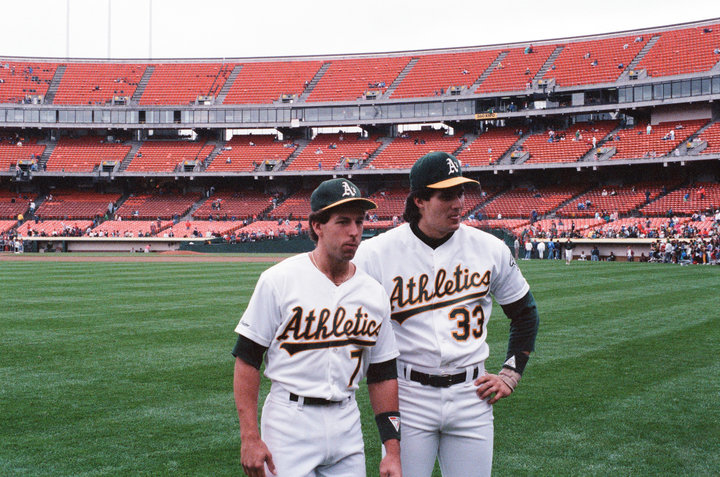Deal marks a historic win for the international community
By Aidan Mouellic, Staff Writer
On November 24, the international community scored a huge international relations victory in Geneva as diplomatic delegations from six countries reached a tentative, but significant agreement with Iran regarding their nuclear program.
Diplomatic efforts with Iran were spearheaded by the five permanent members of the United Nations (UN) Security Council (the US, the UK, France, Russia, China), as well as Germany. The deal will contain Iran’s nuclear proliferation efforts to those meant for peaceful purposes and as a nuclear fuel—at five per cent enrichment—in exchange for the easing of economic sanctions that have weakened Iran’s economy.
The agreement, of which the first phase will last for six months, will have Iran halt the production of highly enriched (around 20 per cent) uranium, which is necessary in the development of a nuclear weapon. The deal also allows international inspectors to visit nuclear facilities to ensure that no weapons development is taking place. In exchange, Barack Obama pledges “modest relief” from the economic sanctions that have been placed on Iran over the years.
This move of greater Iranian transparency was set in motion by the new Iranian president, Hassan Rouhani, who is significantly more moderate and tolerant than his predecessor. Former president Mahmoud Ahmadinejad did not foster positive relations with western nations. President Rouhani’s steps towards a dialogue on the nuclear issue is proving to be a success for him. Buffalo News reports that “a member of Congress and legislative aides have said the White House was considering releasing about $3-billion to $5-billion in Iranian funds frozen in foreign banks.”
Iran will halt production of uranium enriched to 20 per cent, where weapons-grade uranium needs to be enriched to 90 per cent or more. The country has also been ordered to cease production of any new nuclear centrifuges that are used during the enrichment process. New York Daily News reports that between “February 2009 and November 2013, Iran’s inventory of installed centrifuges increased from about 5,500 to more than 19,000.”
Since the election of President Rouhani, the anti-Western rhetoric associated with former president Ahmadinejad has mostly gone away. The new Iranian president is open to fostering ties with the West and images of US Secretary of State John Kerry laughing with Iranian officials during recent talks have been spread online. In the past few weeks, American and Iranian officials have reached more agreement than in the previous few decades.
Whether or not this recent agreement will create a lasting effect remains to be seen but the UN and its members are hopeful for a more transparent nuclear policy in Iran—one that limits Iran’s nuclear program to one meant for peaceful purposes and energy production.
Despite the breakthrough this deal represents, some in the international community are not happy. Israeli Prime Minister Benjamin Netanyahu has called the deal a “historic mistake.” In the US, congressional republicans are claiming that the Obama administration is being too soft on Iran. In Canada, Minister of Foreign Affairs John Baird said that he remains skeptical about the deal and that Canadian sanctions against Iran will remain.


